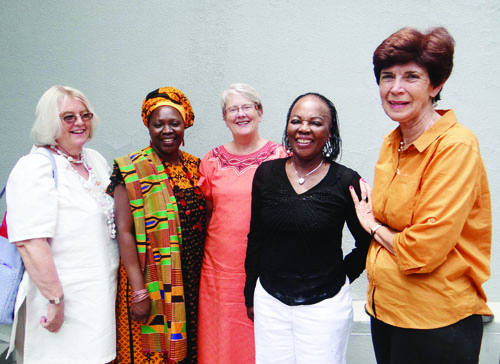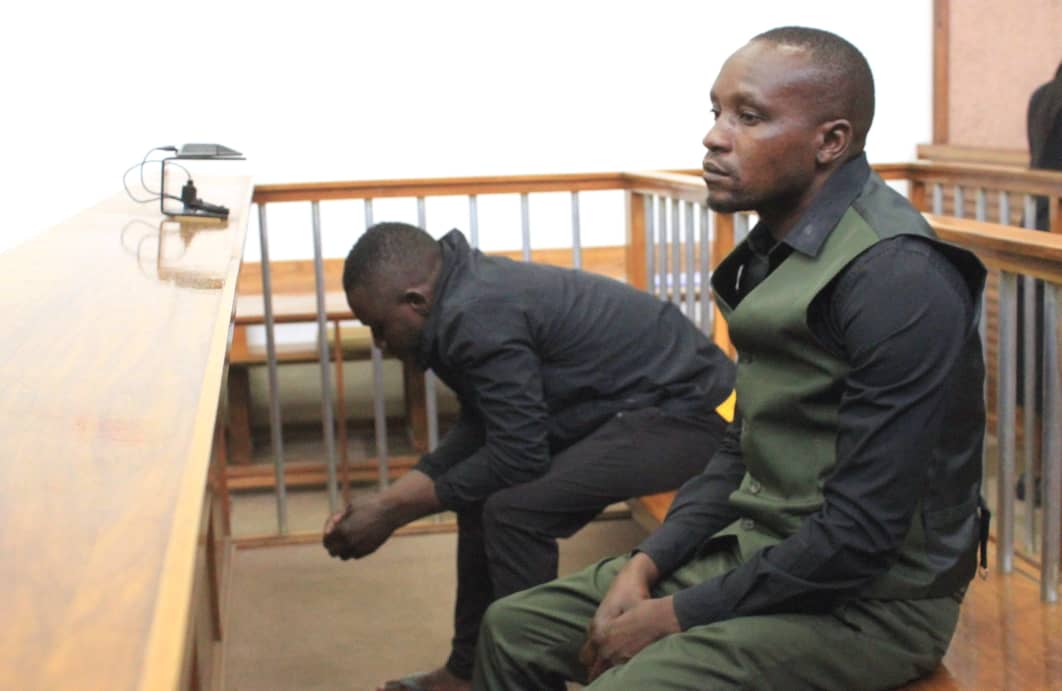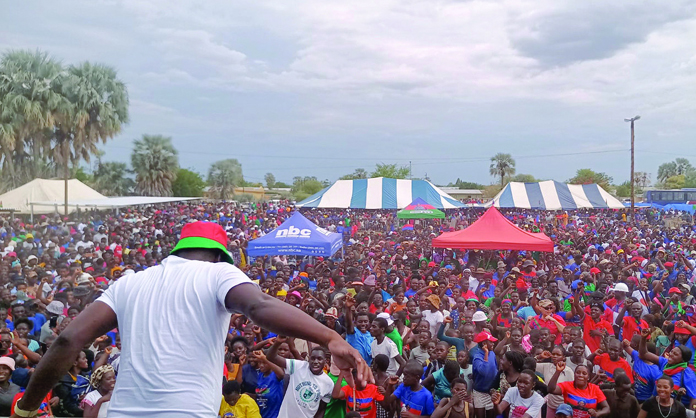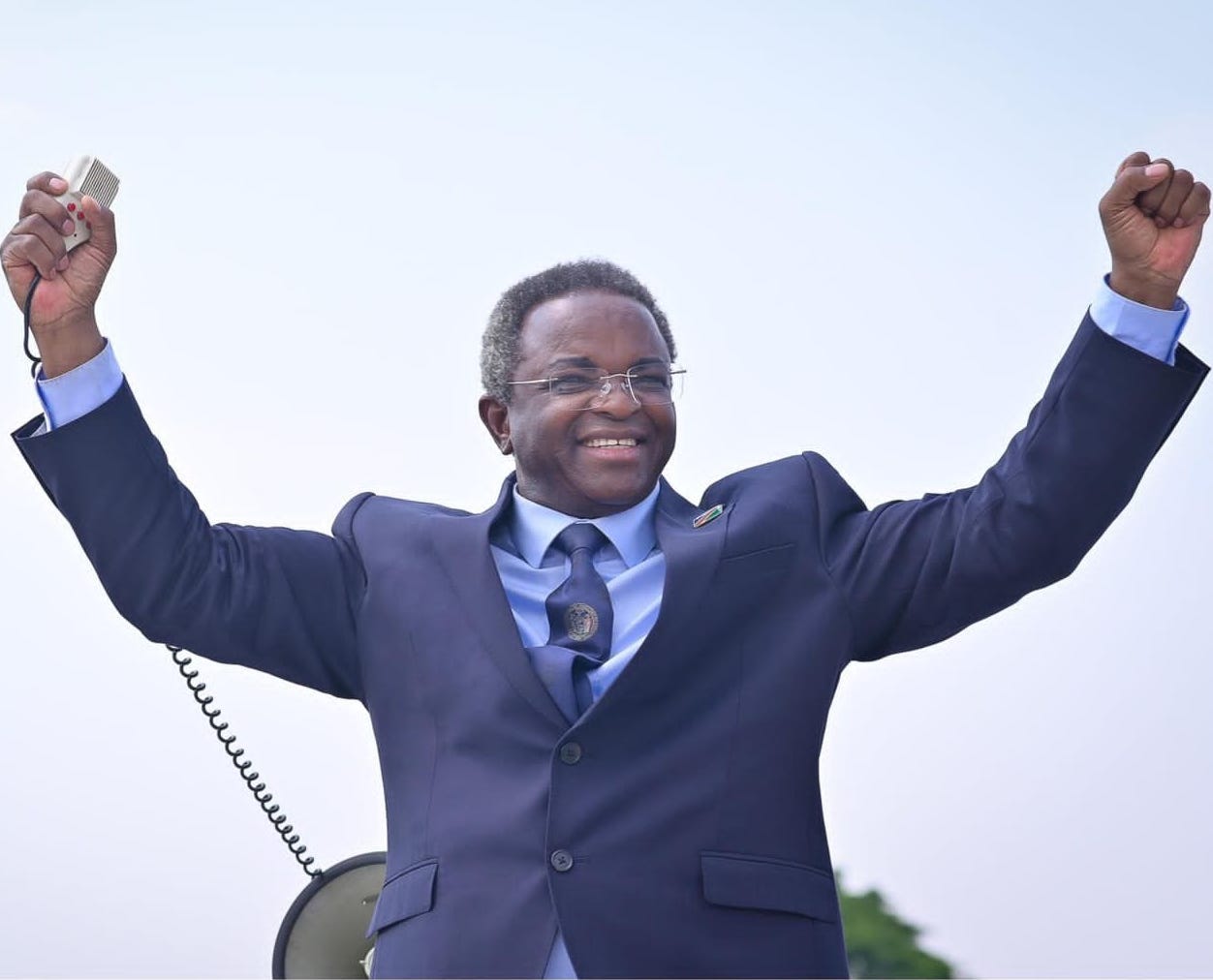There is one unique story in each of us and it is the story of our lives.
Whether we lead quiet and simple ones in times of peace or our days play out on the backdrop of revolution, each of us has a tale tucked away and it is the autobiographer who takes it out, dusts it off and gives the world the rare and singular gift of looking into another life.
Authors Dr Libertina Amathila, Jane Katjavivi, Ellen Namhila and Beatrice Sandelowsky have each captured some of their life in letters.
All having lived in Namibia for many years, with each having seen the country through war or revolution, independence and its aftermath, the four women came together at the Franco-Namibian Cultural Centre on Saturday to introduce us to their stories while reflecting on the challenges of writing about themselves.
Introducing each author to the full house by name and book title was Helen Vale, who was pleased to announce that it was the first time that the four female writers had come together in public. Vale also offered a prelude to the authors’ individual segments with a short speech about the emergence of autobiography as a popular genre in Namibian literature since independence before touching on ideas about the role of memory, the impact of public events on private lives as well as self censorship in autobiographies.
Jane
As a publisher, Jane Katjavivi had always seen herself on the other side of a book rather than bent over her own. And scribbling. Yet when she and her family moved to Namibia at the time of Independence and she started having a weekly breakfast with a group of independent women, she was already well within the events that would inspire her memoir.
Though the days went by happily enough for the six friends, one soon succumbed to heart failure, and in the wake of that tragedy, Katjavivi was launched into her own as ill health required she be fitted with a pacemaker. Soon after that her husband’s work took the family to Belgium where she began to write to “capture the people I lost through death and leaving Namibia”. For Jane there is no story that is less than another and, once written, she believes the difficulty is the initial sharing and criticism.
“I think every story is important. The hardest thing about writing is to let go of what you’ve written, give it to someone else to read. And listen.”
Katjavivi’s autobiography is called ‘Undisciplined Heart’ (2010) and it is named for the real and metaphorically irregular beat of her own one.
Ellen
“I write because I believe I have something to say. It comes to me when I go to bed and when I wake up in the morning,” says the University of Namibia’s head librarian and author, Ellen Namhila.
That is who she is today but during the fight for independence she was a child of 12 who was shot repeatedly by men in Casspirs, which sent her running into exile in Angola to join the liberation struggle.
She points out the scars to the audience and then smiles reassuringly because she survived. She survived 19 years mostly in Swapo camps, she survived the death of her husband in Zambia and she came home, noticed her child reading colonial history for homework and decided to tell her story.
“A widow can be an odd thing around married couples and it can make you think ‘I have to do something!’,” says Ellen. What she did was write ‘Price of Freedom’ (1997), an autobiography that sounds like the most harrowing fiction, depicting escaped bullets, bombs, jumping over dead bodies and the school room humiliation of cowering when she heard a plane flying overhead. Even when she was far from the frontlines.
Libertina
Deputy Prime Minister Libertina Amathila started thinking about writing a book during the struggle. People would look at her, a villager, who had come from poverty to become a doctor and they would wonder how she had come to be. So to try and encourage younger Namibian women she wrote ‘Making A Difference’.
A little daunted by having to write it all on a computer, Amathila engaged her secretary to assist her. “When I was a minister, I went for training with computers but my secretary took over my life. So I bought a laptop and had my secretary on standby,” she laughs, recalling how she would need assistance when her documents suddenly became all capital letters.
Summing up a book in which she expounds on her mother taking ill and her decision to become a doctor, her move to Poland to study and her query of “What is this white cold sand?” upon first seeing snow, Amathila is full of laughter.
However, when an audience member is moved to tears when recounting her reading of the book, it is clear that Amathila’s rise from villager to student, to doctor and Deputy Prime Minister was a poignant one.
Advising upcoming autobiographers Amathila says: “Don’t let editors change your voice or your story. I told them not to change my voice. Even if it’s Namlish.”
Beatrice
Fascinated by Namibia’s archaeology, which she describes as a “Fort Knox of Heritage”, Sandelowsky penned ‘Archaeologically Yours’ in a bid to try and “inspire Namibians to discover more about their heritage”. Sandelowsky doesn’t speak for long. Perhaps she has been inspired by the stillness and tranquility of rocks but she does say: “There is too little awareness and understanding of our archaeological resources.” She also takes the opportunity to invite government leaders to attend a short intensive course on archaeology as Namibia has a marvellous and marketable historical wealth.
Though there prove to be too many questions to take in the time, the authors avail themselves for a question and answer session during which audience members, including aspiring autobiographers, take the opportunity to ask the authors about their processes, reflections and future plans.
Helen Vale chairs the discussion with her remarkable speaking voice, which has also read excerpts from two of the authors novels as they forgot their reading glasses.
Stay informed with The Namibian – your source for credible journalism. Get in-depth reporting and opinions for
only N$85 a month. Invest in journalism, invest in democracy –
Subscribe Now!






